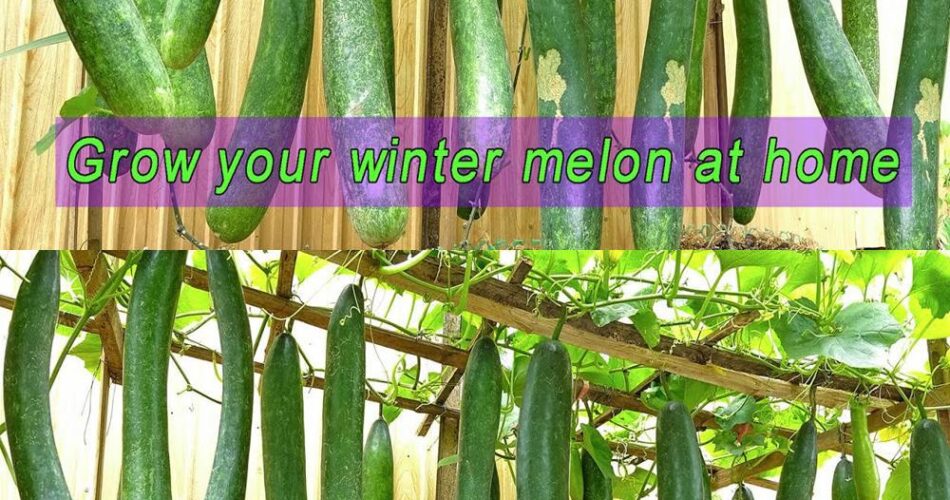How to grow winter squash suspended with a multitude of fruits
The winter squash is a delicious and versatile vegetable that can be cultivated cleverly by suspending them to optimize the space of your garden. Here is how to grow the hanging winter squash with a multitude of fruits:
Steps to follow:
- Choose a sunny location to suspend your winter squash plants. Make sure the place is well ventilated to avoid fungal diseases.
- Prepare the soil by adding compost to enrich the soil and provide the necessary nutrients for plant growth.
- Choose varieties of squash suitable for suspended cultivation, such as spaghetti squash or butternut squash.
- Install strong and resistant supports to suspend your plants. You can use trellis, ropes or nets to support plants during their growth.
- Plant your winter squash seeds within the recommended distances between plants to allow for good fruit development.
- Water your winter squash plants regularly, ensuring that the roots are not flooded and that moisture remains constant.
- Bring balanced fertilizer to promote plant growth and the formation of healthy and abundant fruit.
- Carefully monitor your winter squash plants to detect any signs of disease or pest attack and act quickly to treat them.
- Harvest your winter squash when they reach full maturity. Cut them with a sharp knife leaving a short piece of stem attached to the fruit.
- Enjoy your delicious winter squash by cooking it in different ways: soup, puree, oven roasts or even sweet desserts.
Tips for using rice balls
Rice balls are a versatile organic material that can be used in different ways in the garden to improve soil quality and promote plant growth. Here are some tips for using rice balls and unexpected results:
Uses of rice balls:
- Use rice balls as mulch to protect the soil from sunlight, reduce water evaporation and prevent weed growth.
- Integrate rice balls into your compost to enrich the mixture with organic matter and promote the decomposition of plant waste.
- Mix rice balls with soil to improve soil structure, increase water retention capacity and promote plant root development.
- Use rice balls as a growing medium for seedlings by placing them in containers or culture bags for healthy growth of young plants.
Unexpected results:
Using rice balls wisely in the garden, you might notice unexpected results such as:
- Improved soil structure and increased fertility through the decomposition of rice balls.
- A reduction of watering and fertilization requirements through the conservation of moisture and nutrients in the soil.
- A decrease in the growth of weeds and diseases thanks to the protection offered by the mulch of rice balls.
